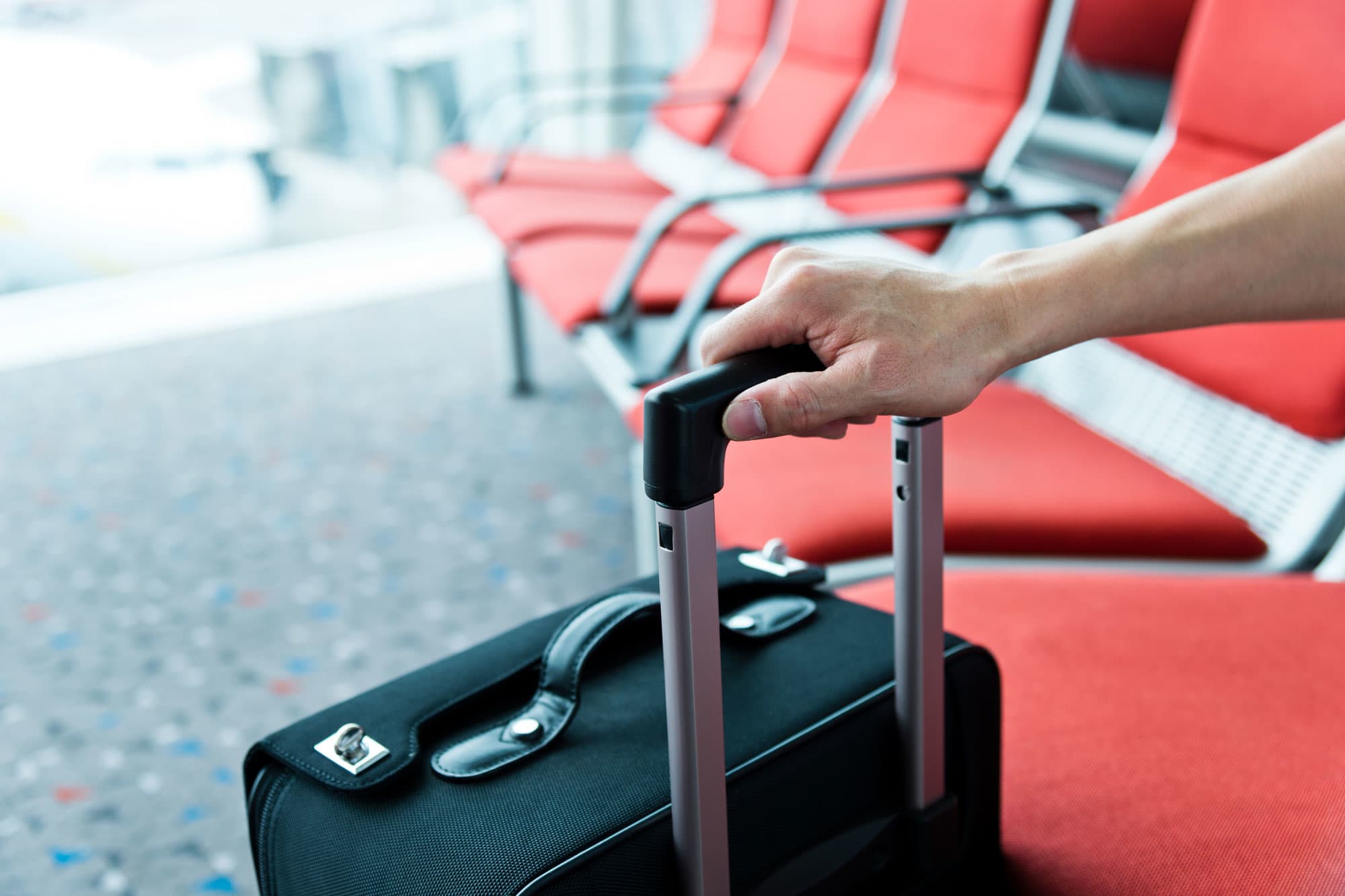In an era where our lives are intricately interwoven with digital threads, venturing abroad demands more than just a passport and a sense of adventure. As we traverse physical borders, we must also navigate the often-uncharted territories of cybersecurity to ensure our digital safety remains intact.
In our interconnected world, travel is often accompanied by the constant companionship of digital devices. From smartphones to laptops, we carry our digital lives wherever we go. However, as we embark on journeys abroad, ensuring that our digital safety is as meticulously planned as our itinerary is crucial. This guide will explore how to stay digitally safe when traveling internationally, safeguard personal information, and maintain cyber hygiene.
Secure Your Devices
Before setting foot on foreign soil, fortify your digital defenses. Set strong passwords for all your devices and enable biometric authentication where possible. Regularly update your operating system and applications to patch vulnerabilities that malicious actors could exploit. Consider installing reputable antivirus software to provide additional protection against potential threats.
Use Virtual Private Networks (VPNs)
Utilizing a VPN is paramount when connecting to unfamiliar networks, be it in a hotel, airport, or café. VPNs encrypt your internet connection, shielding your data from potential eavesdroppers. Opt for a reliable VPN service with servers strategically located around the world. This ensures secure browsing and allows you to access region-restricted content without compromising your privacy. Learn more.
Beware of Public Wi-Fi
Public Wi-Fi networks are convenient but can be a breeding ground for cyber threats. Avoid accessing sensitive information, such as online banking or personal emails, while connected to public Wi-Fi. If you must use such networks, consider using a VPN to create a secure tunnel for your data. Additionally, always forget the network after use to prevent automatic reconnects.
Update Apps and Software
Before departure, update all your apps and software to their latest versions. Developers regularly release updates to fix security vulnerabilities, and by keeping everything current, you minimize the risk of falling victim to known exploits. This proactive approach can prevent potential security breaches during your travels.
Two-factor authentication (2FA)
Enable two-factor authentication on all accounts that support it. This extra layer of security requires a second form of verification, such as a code sent to your mobile device, in addition to your password. Even if your password is compromised, 2FA acts as a formidable barrier, significantly enhancing the security of your accounts.
Data Backups
Prepare for the worst-case scenario by regularly backing up your data before embarking on your journey. In the event of device loss, theft, or damage, having recent backups ensures you don’t lose precious memories or essential information. Cloud-based services offer a convenient way to store data securely, allowing you to retrieve it from anywhere with an internet connection.
Be Wary of Phishing Attacks
Phishing attacks often increase when travelers are in unfamiliar environments. Prudence is advised when activating hyperlinks or acquiring attachments, particularly within electronic communications or messages originating from unfamiliar origins. Verify the legitimacy of communications from banks, airlines, or other institutions by contacting them directly through official channels.
Secure Your Financial Transactions
When conducting financial transactions abroad, prioritize secure and reputable platforms. Avoid using public computers for banking or online shopping, as these may have compromised security. Keep a close eye on your financial statements during and after your trip to promptly identify and report any suspicious activities.
Lock Down Your Social Media
While sharing your travel adventures in real-time on social media is tempting, consider the potential risks. Limit the personal information you disclose, such as your location or travel itinerary, to reduce the risk of targeted attacks. Tailor your privacy preferences to regulate the audience for your posts, and exercise caution in the content you choose to divulge on the digital frontier.
Monitor Your Devices
Stay vigilant during your travels by regularly checking your devices for any signs of compromise. Unusual battery drain, unexpected pop-ups, or sluggish performance could indicate a security issue. If you notice anything suspicious, disconnect from the internet and seek assistance to investigate and resolve the issue.
Conclusion
In conclusion, staying digitally safe when going abroad requires a combination of proactive measures, vigilance, and awareness. By implementing these strategies, you can enjoy your travels with the confidence that your digital life remains secure.
Remember, just as you wouldn’t leave your passport or wallet unattended, safeguarding your digital presence is an essential aspect of responsible and secure international travel.
